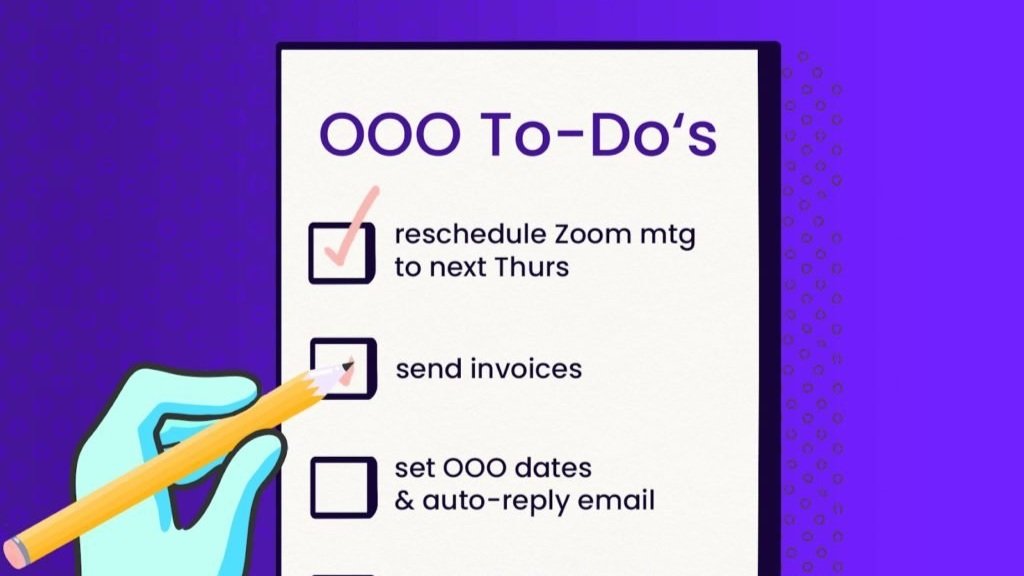4 Tips for Managing the Unexpected as a Freelancer
Life happens. You get sick, a personal emergency comes up, and you need to take time off from work.
At a 9-5, when you need to take unexpected time off, you call your boss and know that you have a team to support you while you’re out. But as a freelancer, what do you do when last-minute things come up?
Whether you work solo or you’re leading a team of independents, an unexpected situation is bound to come up at some point and you’ll need to manage it in a way that doesn’t affect your business in the long term.
If you're not able to fulfill your contract, whether due to your own personal conflict or a teammate stepping away from the project, here’s how to communicate unexpected changes with everyone involved.
Refer to your contract
If you can’t fulfill your end of the contract, what do your terms outline as far as the next steps?
Emergency situations are never expected, but they should be covered in your contract in the off chance that something comes up last minute. Contracts are meant to protect you, your team, and the client for situations like this — and it doesn’t hurt to consult with a professional when creating your contracts to make sure it’s thorough and sound.
Your contract terms should cover everything from timeline to payment terms to hand-off in the event that you need to step away from the project or have another freelancer take your place.
Come up with a backup plan
Once you’ve referenced the contract in place with this client, it’s time to come up with a game plan.
If there are other people on your team for this project, let them know that you won’t be able to fulfill your role and figure out how the rest of the team can help complete the project without you.
There are a few options if you’re working on a solo project. First, figure out if there’s any room to adjust the project timeline. If you need to take a few days off, then maybe there’s room to push the project timeline back by a week or two without significantly affecting the entire project. If there isn’t any wiggle room or you need to step away from the project completely, the best thing to do is find another freelancer to take over.
Communicate as soon as possible
You don’t want this to affect your reputation with your client or become a pattern with future clients. So do your best to mitigate the situation by communicating clearly and openly from the start.
As soon as you know you won’t be able to meet a deadline or fulfill your contract, let your client know. Be actionable and communicate the backup plan you’ve already come up with. If you’re sick or dealing with a personal emergency, let them know. We’re all human, and your clients will understand that life happens. And if they don’t — is that really someone you want to work with?
If this is a situation where you or a teammate have to step away from the project, then communicate the options your client has — whether that’s picking the project back up at a later date or finding a different freelancer — and remind them of the terms outlined in the contract that are relevant to the situation such as payment and hand-off.
The last thing you want is to leave your client high and dry. The sooner you can communicate the situation the better so your client has enough time to come up with a plan on their end if necessary.
Build your network
If there was ever a case for having a strong network of freelancers around you, it would be for an unexpected event. Unplanned situations or last-minute changes can feel ten times more challenging when you’re on you’re own. But when you have other freelancers you can reach out to for support in unexpected situations, that can make a big difference for your business.
Make connections and build your network throughout the year — not just when you have a project coming up — so that if an emergency situation ever arises, you know you’ll have support if you need it. Make sure that you’re connecting with freelancers from a variety of backgrounds and skill sets by joining freelance groups like Wethos’ Slack community. You never know what kind of projects you could land down the road — it pays to have a diverse network of freelancers in your corner.

